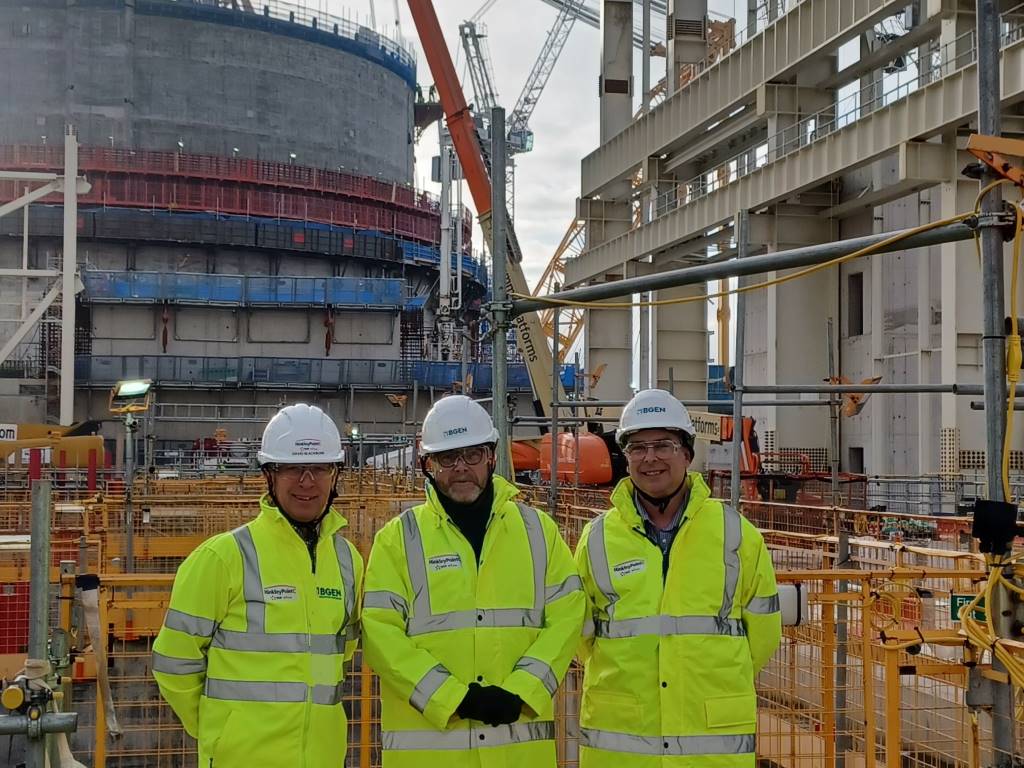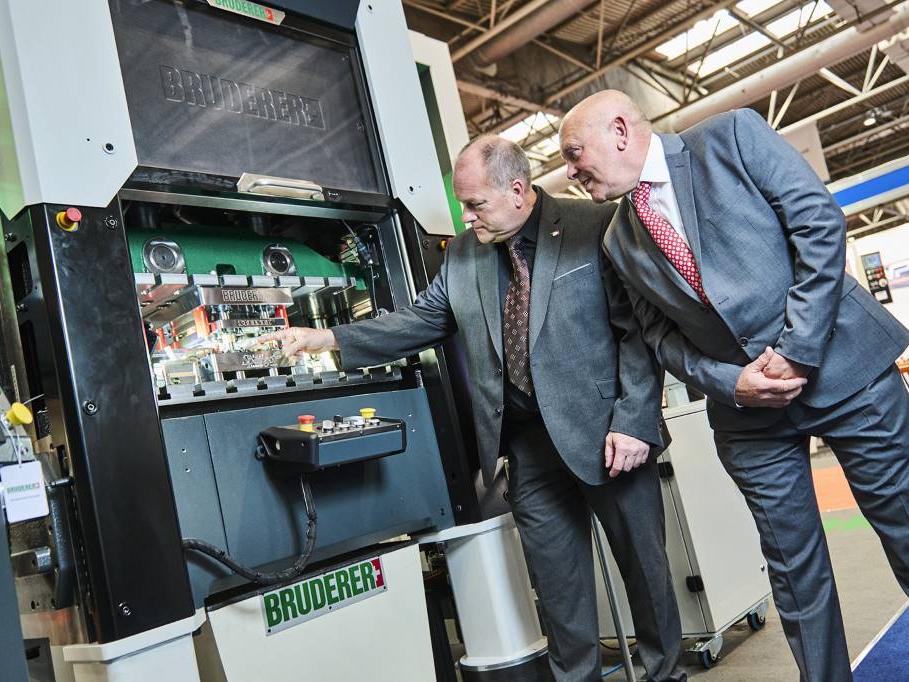How will smart factories influence the future of manufacturing?

With the future of manufacturing expanding the scope of digital solutions, Subcon Laser explains the premise of the smart factory, and the different solutions which will make up the next generation of shopfloors.
Smart factories are part of what is commonly referred to as The Fourth Industrial Revolution (Industry 4.0). A smart factory deploys automation, artificial intelligence and the Internet of Things (IoT) to improve processes, cost-effectiveness, and efficiency.
Thanks to automation, machines are able to carry out repetitive tasks without any input from people. New technologies are constantly able to complete a wide variety of tasks more quickly and accurately than we can ourselves. Self-driving vehicles can move materials around the factory floor with more efficacy and safety.
Artificial intelligence allows factories to run constant self-diagnosis so that preventative maintenance can be carried out without having to shut down production due to faults. Sensors built into machines can monitor vibrational levels allowing us to know when parts need to be replaced.
With IoT, all the component parts of a factory are in constant communication with each other providing a wealth of data that can be used to improve the production process.
The development of smart factories in the UK has begun but the take up has been slow, especially compared to other countries. In the UK there are 33 robots being used for every 10,000 employees. In Germany, the number goes up to 170 and in Japan it rises to 213. Many people are concerned about the high cost of initial investment. However, the long-term savings and increased profits from smart factories makes it worthwhile in the long term. A UK government review suggested that smart factories could increase the manufacturing sector by £455 billion.
Impact on jobs
One of the most common concerns about the rising use of automated processes is the impact it will have on jobs. For every new piece of technology that is invented, there is a corresponding scare story about robots stealing our jobs. However, the fact is that rather than reducing levels of employment, new technology can actually increase it, while changing the nature of the jobs available.
The government review estimated that increasing use of smart technologies has the ability to create 175,000 more jobs. Studies carried out by data management consultants Deloitte have shown that changes and advancements in technology do not decrease the overall number of jobs but change what type of jobs are available. Automation may well reduce the number of people working in monotonous and mundane jobs, but other roles will increase. Smart factories will produce an increasingly high volume of data, which will require constant analysis so that the data can be acted upon.
Smart factories produce goods and data
Traditional factories are designed to produce goods; smart factories will have as much emphasis on collecting and producing data. The average smart factory produces 5 petabytes (that’s 5 million gigabytes) of data every week. This information will inform every aspect of the process from the production line to product design. Machine maintenance is usually carried out at certain intervals of time, either monthly or yearly. Doing so can be hugely ineffective as you may be carrying out unnecessary maintenance or you may leave it too late allowing machines to break down and production to grind to a halt.
Each year a manufacturer can lose up to 30% of revenue due to defects in the production process. Harvesting data from smart machines allows for a drastic reduction in this loss. When Intel introduced data analytics to their computer chip production process to predict equipment failure, they saw a saving of $3 million. Data can also be captured and used to assess power consumption and can save time by improving energy efficiency.
The future of manufacturing in the UK
Smart factories offer us the opportunity to move into a world of high tech and highly skilled production. New technologies offer us the chance to increase efficiency, productivity, customer choice, and to create new employment opportunities for the workforce. German companies are currently spending 6.6 times the amount that UK companies are spending on automation. Increased investment could radically change – and radically improve – manufacturing in the UK.
Subcon Laser www.subconlaser.co.uk













